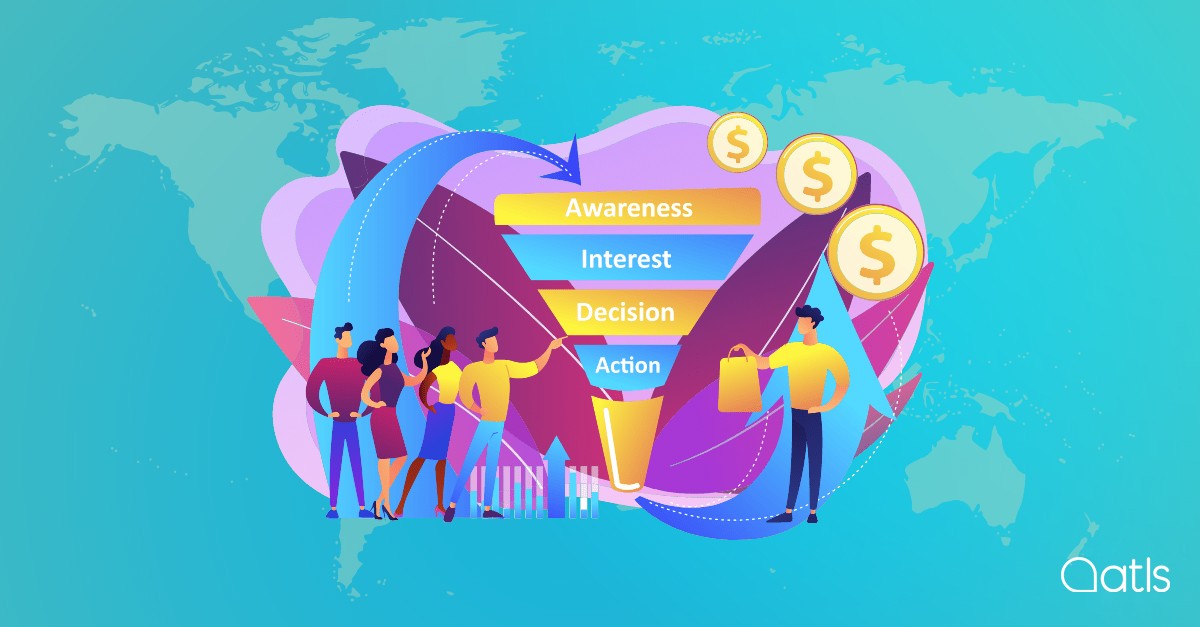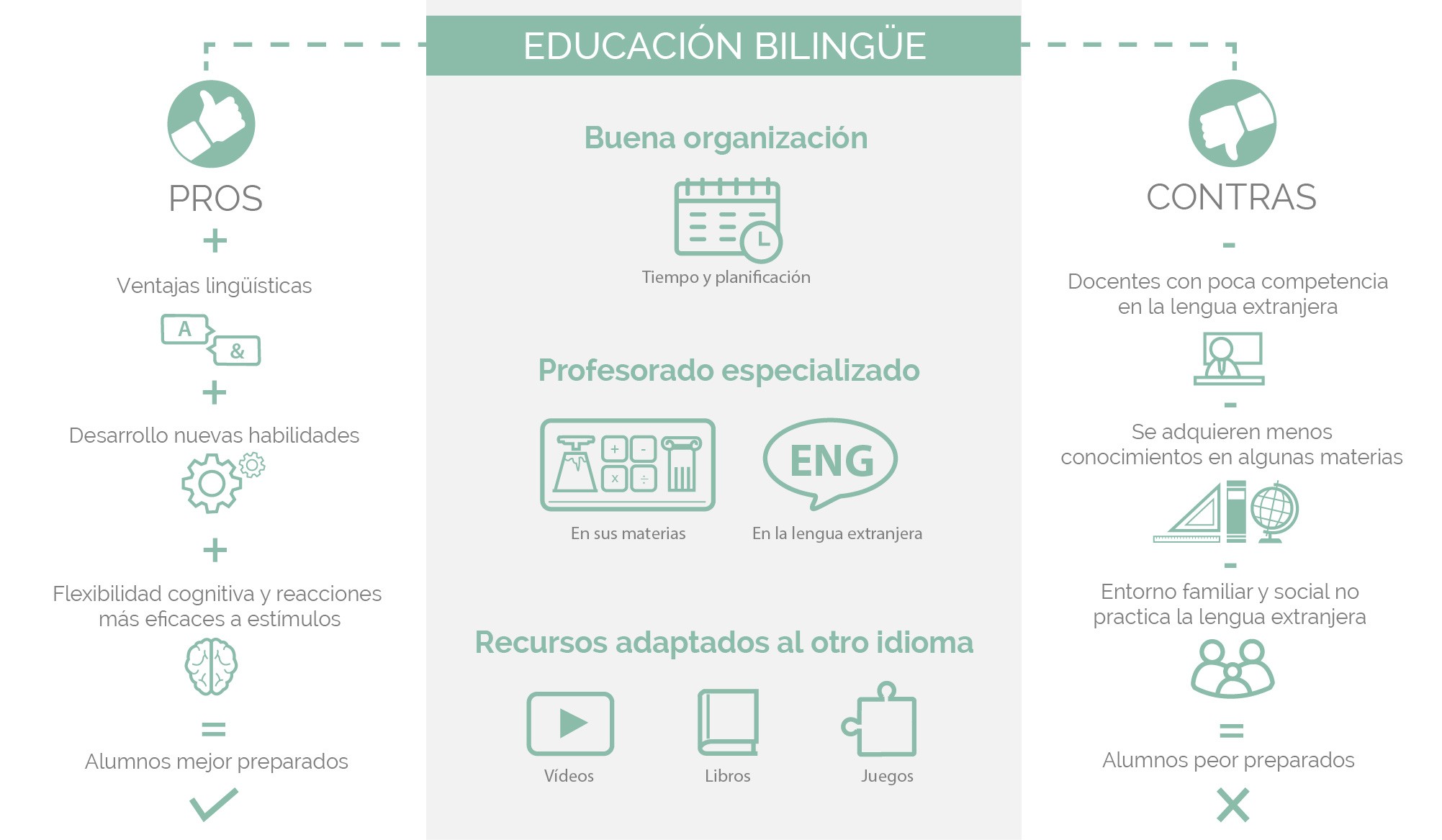Localisation as an international marketing strategy

To reach customers all over the world, your international marketing strategy must be a real success, and to achieve this it is essential that it includes something that may sound a little unfamiliar: localisation.
What is localisation?
Localisation is the process of adapting the content of a product or marketing campaign to a specific market. It's a matter of ensuring that the message is understood in the same way as in the source language. An essential point in your marketing strategy. To do this, it is not enough to translate the content. The message must also be adapted to the culture and context where it will be received.
Localisation improves user experience and expands the brand's reach. It also offers the company the opportunity to address potential customers around the world.
According to a study by CSA Research, "around 80% of consumers prefer to buy products with information in their native language."
But, you need be careful when entering another market. There are many examples on the internet of poorly localised campaigns that adversely affected the brand image. How about this for an example? in 1987 the famous KFC brand made its debut in China. It was a major event. Products, logo, name... KFC replicated everything down to the smallest detail of all the factors that had led to its success in the United States. With its implementation, KFC brought its slogan: "Finger Lickin' Good". However, they did not count on the fact that this expression, so common in Western countries, was not used by the Chinese, who did not understand the message and even found it rather rude.
Is localisation just another word for translation? Not exactly. In this article we will be looking at the difference between translation, localisation and transcreation.
Advantages of localisation as an international marketing strategy
Carrying out a localisation process and incorporating it into your company's international marketing strategy has many benefits for the brand and sales. Here are just some of these major advantages:
Better user experience
When you implement a good localisation strategy, browsing through your digital content will be much easier and more "user-friendly" for your audience. Localisation goes way beyond translation, it involves adapting content to make it more accessible.
Simple things like using the correct date and currency formats can make a huge difference. The same applies to the layout of pages so that they work with languages that are not read from left to right, etc. All of these localisation details improve user experience and make a big difference to your international marketing strategy.
You will connect with local consumers
Once the potential customers of your target market discover your efforts to reach them with interesting content that has been localised carefully through an impeccable translation, they will open up to you.
Localisation leads to greater brand loyalty and a greater connection with your customers. This, more than price and value, can turn customers into brand advocates. It also helps you to gain a competitive edge over the competition.
You will break down market entry obstacles
Often when you try to pentrate new markets, you find yourselves with many entry barriers. You will probably face new laws and regulations, well-known competitors at a local level, financial challenges, tax complications, language barriers and cultural surprises that you weren't aware of.
If your international marketing strategy contemplates investing in localisation, you can overcome these last two obstacles more easily. This is even better if your competitors have not spent time localising their content for marketing, packaging and advertising, etc.
You will increase conversions
When you offer your future customers interesting content and a good user experience on the website, they will pay more attention to your brand. To do this, investing in quality localisation services that speak to customers in their own language will increase the chances of them choosing your product or service. This makes it easier to guide them through the conversion funnel. Localisation = increase in sales.
You will strengthen international SEO
There is no doubt that Google loves localised website content. This is due to several factors:
- It deals with current issues of interest to the target audience
- It contains the right keywords for your business to gain top SEO ranking on Google.
- The SEO is optimised for search engines.
Localisation is a guarantee of local success, as it focuses on the destination country, not the language. This is because it consdiers cultural differences. These may exist, even among countries that share the same language.
Take your international marketing strategy to a whole new level
At this point, do you think your company is ready to take the leap into new markets? If this is the case, and with all this in mind, for your international marketing strategy to work, it will not be enough to use an inexperienced translator or online translation. Moving from a local to an international environment means adapting your content to a new audience, respecting the strategy you have devised in your marketing plan so that it conveys the same feelings without the message getting lost along the way.
At ATLS, we help brands that want to internationalise to build a brand image that is consistent with their goals. We understand the importance of maintaining the philosophy and business values of our customers when they make the move abroad. This is why we would like to offer you our experience in the translation and localisation of comprehensive international marketing campaigns. At ATLS, we have a multidisciplinary team specialised in website localisation and apps + international SEO and multilingual copywriting, among other services. All of this, focused on successfully conveying your message, anywhere in the world. Shall we talk?




